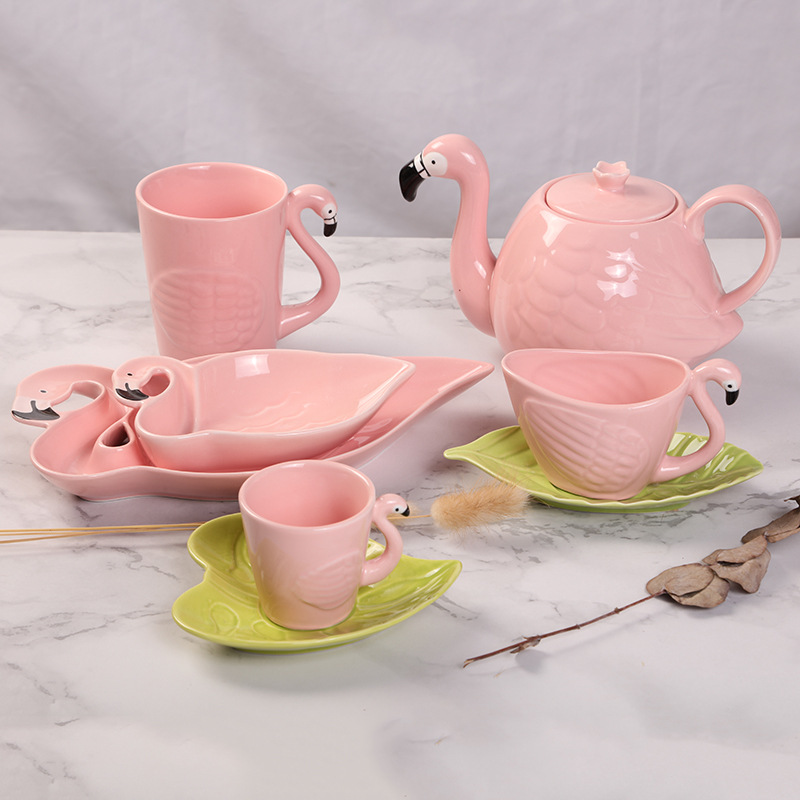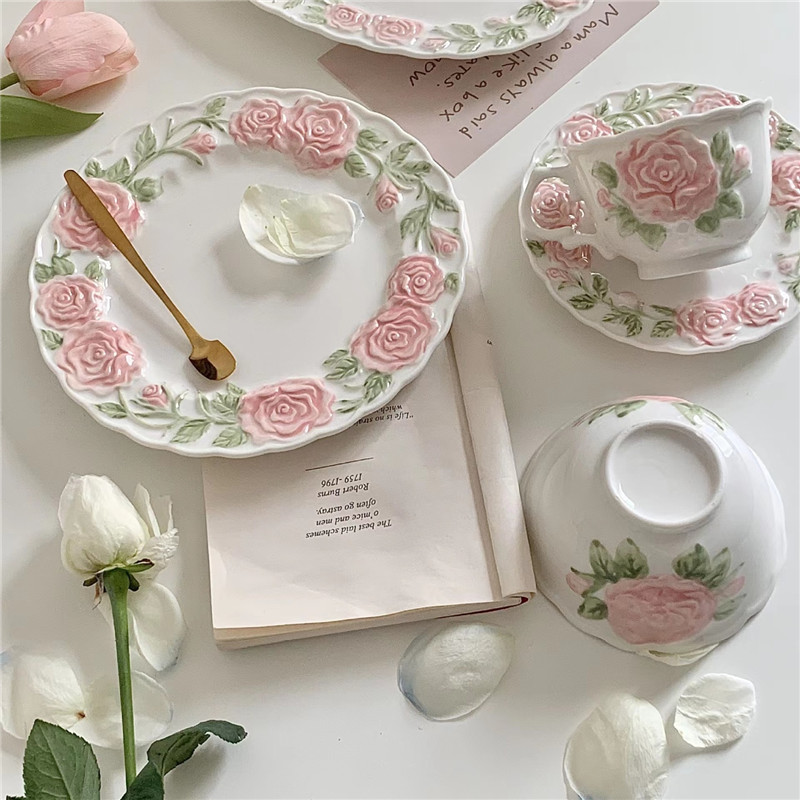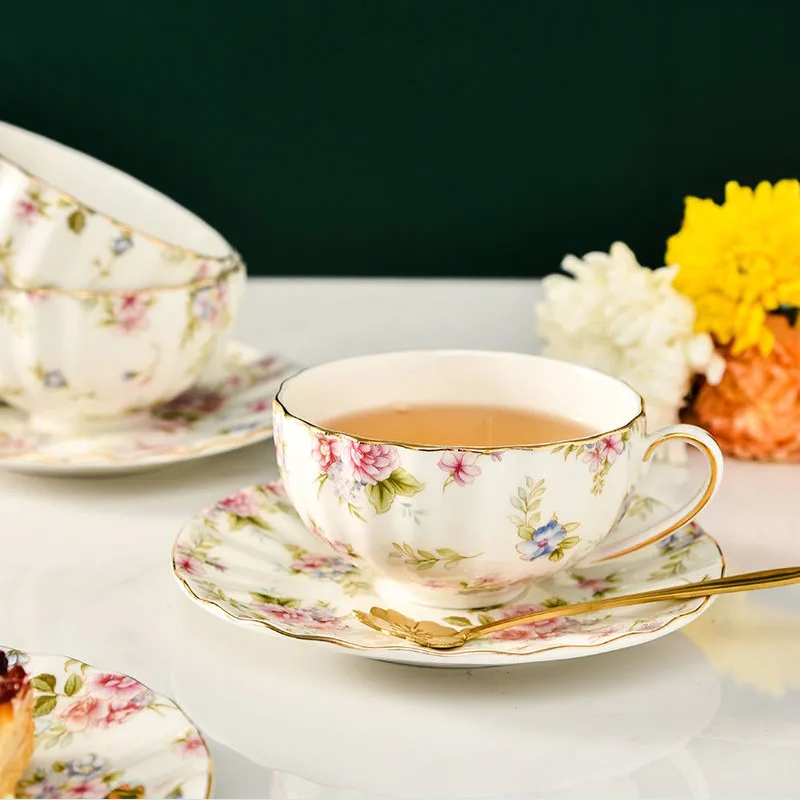Tea, a beverage cherished by millions around the world, has a rich history and a captivating cultural significance. From its origins in ancient China to its global popularity today, tea has played a remarkable role in shaping societies, trade routes, and even revolutions. Join us on a journey through time as we delve into the fascinating history and culture of tea, unearthing the stories behind this beloved beverage.
Ancient Beginnings: Tea’s story begins in ancient China, thousands of years ago. Legend has it that Emperor Shen Nong, known as the “Divine Farmer,” discovered tea accidentally when tea leaves fell into his boiling water. Intrigued by the aroma and taste, he explored its medicinal properties, eventually leading to tea becoming a staple in Chinese culture. During the Tang Dynasty (618-907), tea gained popularity as a social beverage and found its way into Buddhist monasteries.
The Silk Road and Tea Trade: Tea’s journey from China to the rest of the world began with the famous Silk Road. Traders and explorers carried tea leaves along this vast network of routes, introducing it to various cultures along the way. Tea became highly sought after, and the trade routes extended from China to Central Asia, the Middle East, and eventually Europe. Tea became a symbol of wealth and social status, and its popularity continued to grow.
The Japanese Tea Ceremony: In Japan, tea holds a deep cultural significance, particularly through the revered Japanese Tea Ceremony, known as Chanoyu or Sado. Developed in the 16th century, this ritualistic practice emphasizes harmony, respect, and tranquility. The Tea Ceremony embodies Zen Buddhism principles and has become an integral part of Japanese aesthetics and hospitality. Through this ceremonial art, tea becomes a means of connection and spiritual contemplation.
Tea and the British Empire: Tea’s influence reached its pinnacle during the British Empire’s expansion. The British developed a fondness for tea, and it became their national drink. The British East India Company played a significant role in establishing tea plantations in India and Ceylon (now Sri Lanka), ensuring a steady supply of tea for the growing British demand. Tea became a symbol of British identity and was associated with afternoon tea rituals, social gatherings, and even high tea.
Tea and Revolution: Tea also had an unexpected impact on world history. The infamous Boston Tea Party of 1773, a pivotal event leading to the American Revolution, was a protest against the British monopoly on tea trade. The colonists, resentful of high taxes and lack of representation, dumped crates of British tea into the harbor, marking a turning point in the fight for independence. This act became a powerful symbol of resistance against oppression.
Modern Tea Culture: In the modern era, tea has transcended borders and cultural boundaries. It has become a global phenomenon, with diverse tea cultures thriving around the world. From the elaborate tea ceremonies of China and Japan to the vibrant street tea stalls of India and the trendy tea houses in Europe and America, tea has adapted and evolved to suit various tastes and lifestyles.
Health Benefits of Tea: Beyond its cultural significance, tea has long been celebrated for its health benefits. Rich in antioxidants and phytochemicals, tea offers a range of potential advantages, including improved heart health, enhanced immune function, and even potential cancer-fighting properties. Different types of tea, such as green, black, white, and herbal infusions, each have their unique health-promoting qualities, making tea a beverage that nourishes both body and soul.
Today, the world of tea continues to evolve. The rise of specialty tea shops and online retailers has made it easier than ever for tea enthusiasts to explore the vast array of tea varieties from different regions. From delicate white teas to robust black teas and aromatic herbal infusions, there is a tea to suit every taste and occasion.
Moreover, the concept of tea appreciation has extended beyond the teapot. Tea-inspired culinary creations have emerged, with tea-infused dishes and desserts delighting food enthusiasts. The versatility of tea as an ingredient has opened up new avenues for culinary exploration and experimentation.
As we sip a cup of tea, we are not merely partaking in a beverage; we are immersing ourselves in a timeless tradition. The history and culture of tea remind us of the interconnectedness of our world and the beauty that can be found in a simple act of pouring hot water over tea leaves.
So, let us raise our tea cups in celebration of this remarkable drink that has woven its way into the fabric of human civilization. As we explore the history and culture of tea, we discover not only a beverage but also a treasure trove of stories, traditions, and shared experiences that continue to enrich our lives. Cheers to the journey through time and the enduring legacy of tea!



